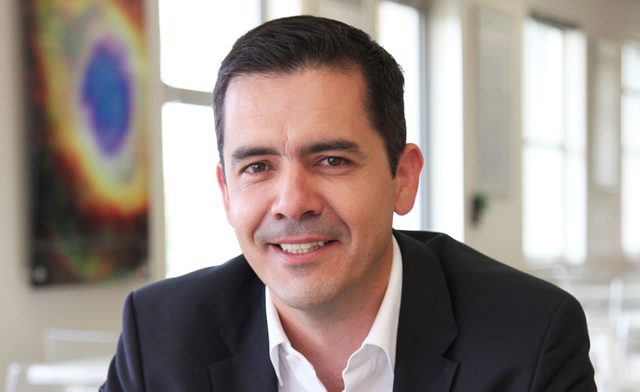This came with a caveat for attendees of the online CFO summit: Watch out for the Lawson Effect.
CFO South Africa hosted a momentous online summit during which 24 CFOs and FDs from across the country came together to engage in dialogue around the impact of Covid-19 on both business and the socio-economic landscape.
The event - which was sponsored by principal partners Deloitte and Standard Bank, executive partners SAP Concur and Workday, and associate partners Clarkhouse Human Capital, Jaguar Land Rover, Coupa and Transparent – was kicked off by Deloitte chief digital and innovation officer Valter Adão, who explained how businesses should be thinking about their response to the pandemic. He said this was the time to focus on innovation. He told attendees to really think outside the box about using technology to not only survive this uncertain period but also thrive when the world comes out on the other side of it.
Read more: CFO South Africa’s first online summit reveals finance executives are learning rapidly
By way of example, he referred to the introduction of a tax on theatre tickets in Spain, which caused tremendous harm to live performance businesses and saw many small theatres and comedy clubs close as a result.
Said Valter: “But one comedy club changed the way they do business. They stopped charging people for tickets and allowed audiences to enter for free, and charged them 50 cents per laugh. They used facial recognition technology to identify patrons and assess when they were laughing. The comedy club was fully booked every night and now generates more revenue than it ever has before”
This is the kind of innovation that Valter encourages, saying it is now time to start experimenting and forget about getting things wrong.
“You need to give up the stuff that gave you comfort – certainty and predictability.”
On the flip side of that coin, Valter said to avoid spending too much time and energy innovating in the wrong direction as that creates a Lawson Effect. This effect occurs when companies over-innovate or become so one-track minded in their experimentation that they damage the business.
“Think of like sharpening a pencil when you were at school. At some point the pencil would be shard but, sometimes, you would continue to see if you could get it just a little sharper, only to break the tip. That’s a Lawson Moment,” said Valter, explaining to attendees that that was exactly what happened at Nokia.
“It’s not like they were not trying to innovate. They were just focusing on the wrong thing. They were trying to make phones smaller when what the world really wanted phones that they play and enjoy their media on. So, during this time, ensure your efforts around innovation are focused on something that will make your business stronger and is relevant to the market.”
This directive was met with lots of agreement from the finance executives in attendance, who then attempted to envision what this future business focus might look like in breakaway sessions. After the event, they came away, if not with fully-fledged business plans, at least with food for thought about carrying their businesses through these challenging times.











